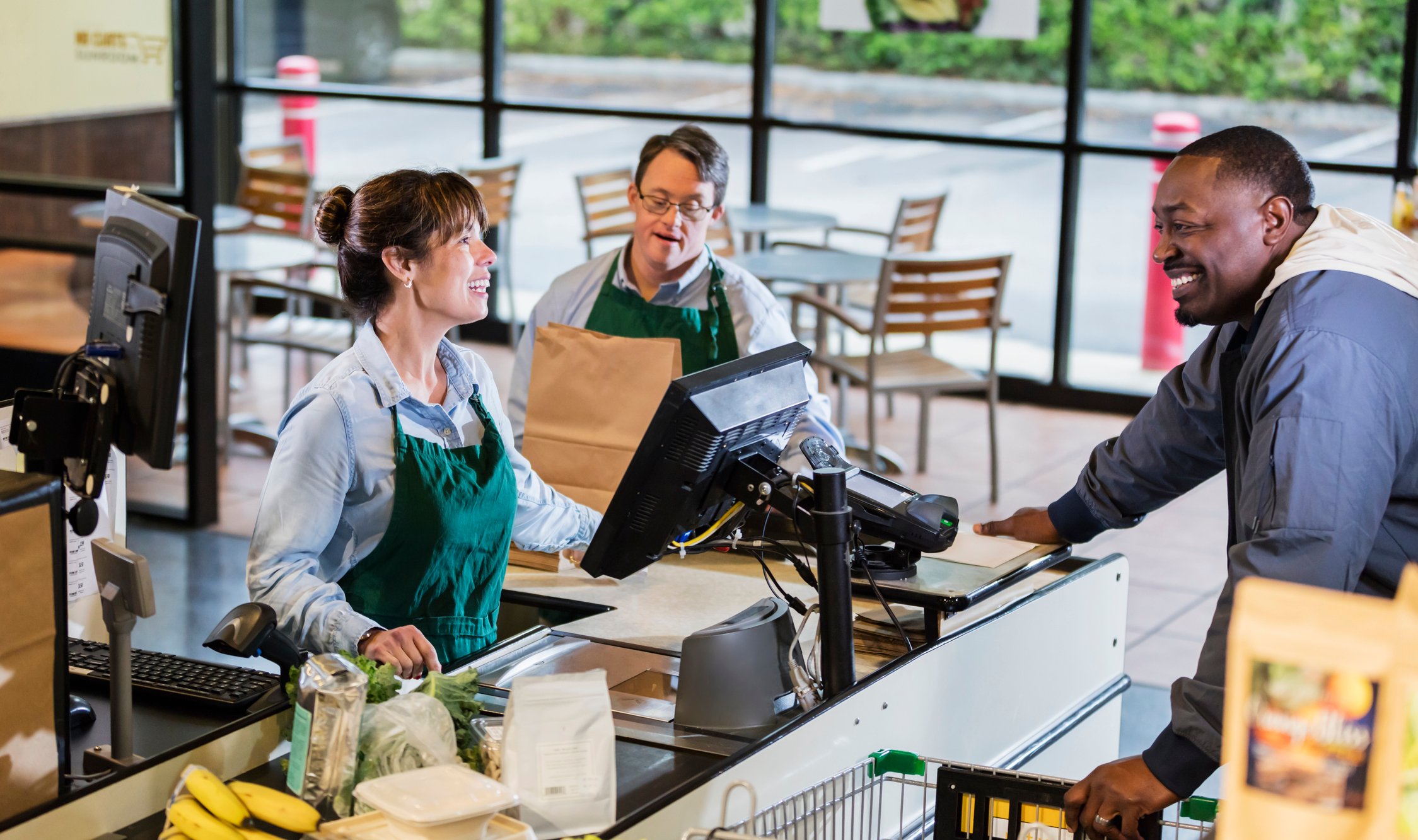The following video segment is part of a full interview, in which The Motley Fool's Brendan Byrnes sits down with Irwin Simon, the founder and CEO of Hain Celestial (HAIN +2.75%), to take a closer look at the better-for-you food revolution. In this segment, they discuss how the global market for organic food products continues to grow despite the current world economy.
A transcript follows the video.
Brendan Byrnes: How often do you worry about things that are kind of out of your control, say the macro economy? Some think that natural, organic foods may be a little bit more expensive than your cheaper, just off-the-shelf processed foods -- maybe in a bad economy, which we're seeing now especially in Europe, you see customers potentially run from them. But Hain continues to do well, so how much does the macro economy worry you, and how much are you kind of insulated to that based on your brands?
Irwin Simon: So, number one, I always try and deal with things that I've got some control over, unless I run for the president of the United States, and I wasn't born in -- I was born in Canada. I am a U.S. citizen now. That's what I cannot have control over. So I don't worry about that. and I come back and say this -- here, listen, in 2008, 2009, we lived through some tough times, and we saw where consumers ran to the other side and were buying private label or buying protein that was conventional chicken, or buying not natural and organic.
When the economy did improve in 2010, we really saw consumers come back. But you know what's happening out there today, there is just so much information continuously coming out about how eating healthy, how important it is, how it's not a fad, how it's not a trend, what process ...
Byrnes: Do you think customers are more willing to pay up?
Simon: Absolutely. And you know what? It's not paying up that much. It's 10, 15%. I was watching today, and I guess there's in The Wall Street Journal today, or over the weekend, it was about eating out of the home. We're eating so much more at home today, and there's so much information that comes out why it's important to eat at home as a family and what it does for families, and if you have one or two meals at home where your children will not have drug problems or alcohol problems and that. Cooking at home is so much more convenient and cheaper than that, if you're able to do it.
Buying natural, organic foods today -- our foods today are ... there are 370 Whole Foods going to a thousand. Our products are available in Wal-Mart, [Amazon.com], Kroger, Babies and Toys R Us, Fareway, where they weren't five years ago. Canada today, Loblaw, Sobeys, Metro, Target opening up. In Europe, throughout Europe, so it's just more and more distribution out there.
But the more important is how educated consumers are, and it's interesting, because if I asked you what you eat today, you're educated about ingredients. You just don't eat anything, and it's funny because I love going to stores and looking at carts. And there are always healthy products in carts today, and we're educated about eating healthy.





